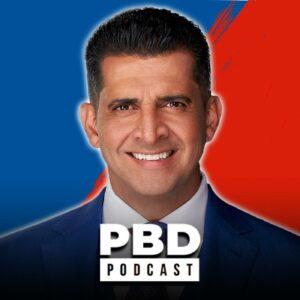
In this episode of “The Daily,” the focus is on the trial of rapper Young Thug, who is facing a criminal racketeering case in Atlanta. The district attorney is using a legal strategy previously employed against President Trump and his allies to go after Young Thug and his alleged criminal street gang. This trial raises questions about the blurred line between rap star and crime boss in the world of hip-hop.
Young Thug, born Jeffrey Williams, grew up in a rough neighborhood in Atlanta and has become one of the most successful and influential rappers of his time. Known for pushing the limits of rap with experimental songs and abstract lyrics, he has a dual persona of being both a prince-like figure and a leader in hip-hop. Starting a collective called YSL, he becomes a leader of hip-hop in Atlanta. His crossover into the mainstream music scene is marked by collaborations with pop singers and his hit song “Havana” with Camila Cabello.
A significant indictment is dropped against Young Thug and his rap crew, alleging they operated as a criminal street gang involved in crimes like murder, armed robbery, and drug dealing. This indictment suggests that the gang was using rap to bolster its reputation, blurring the lines between music and criminal activities. The trial aims to prove that Young Thug was the head of the pack and that YSL operated as a criminal street gang, using identifiers like tattoos, Instagram posts, and emojis to signal allegiance. The evidence presented includes identifiers associated with YSL, such as green heart emojis and snake emojis, to show membership and allegiance to the gang.
Youth Thug’s lawyer argues that he is being targeted because he is a successful rapper and that rapping about guns, drugs, and drive-by shootings is part of the art and persona of being a successful rapper. The defense claims that Young Thug’s persona and lyrics are a reflection of the environment he grew up in, and that he comes from a tough neighborhood where crime is prevalent. They argue that Young Thug’s persona is a product of his upbringing and the need to make it out of poverty.
If Young Thug is found guilty, it could have seismic effects on popular rap music, as it may cause rappers to second-guess how they present themselves and talk about their backgrounds. The prosecution claims that YSL was terrorizing the neighborhood, but there are questions about whether removing artists like Young Thug from these communities would save them or if the artists are, in fact, the pride of the community.
The trial of rapper Young Thug and his alleged criminal street gang raises important questions about the blurred line between rap star and crime boss in the world of hip-hop. As the trial unfolds, the impact on popular rap music and the perception of artists like Young Thug will be closely watched. The outcome of the trial could have far-reaching consequences for the industry and how rappers navigate their careers.